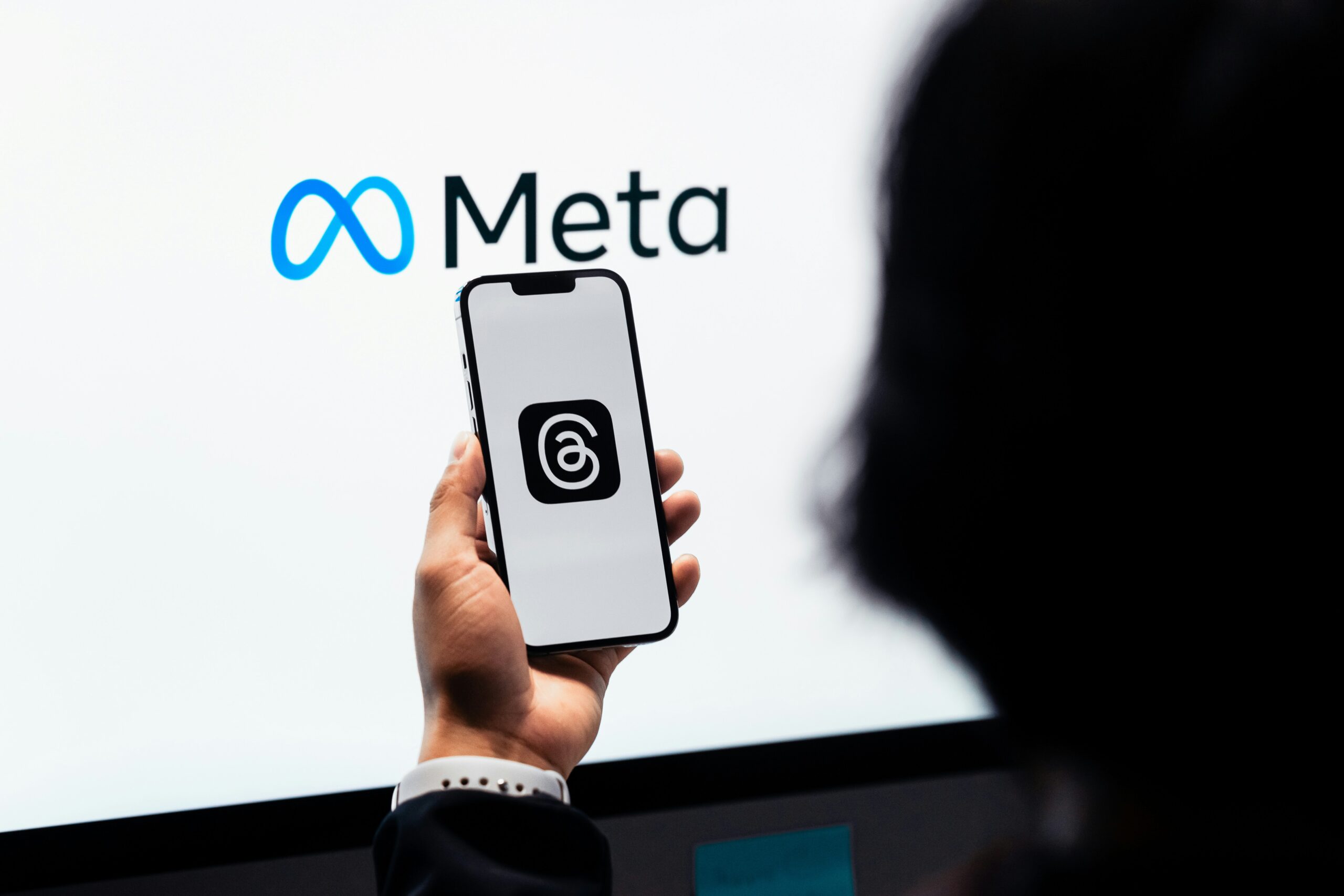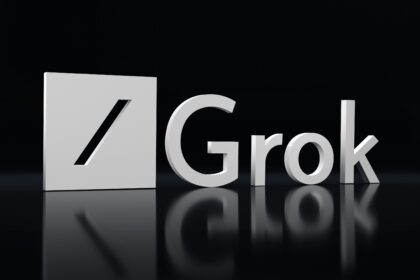Microsoft wants your browser to be more than just a window to the internet; it wants it to be your AI-powered sidekick. On Monday, the company announced Copilot Mode, a new feature inside its Edge browser. Think of it like a very eager intern who can read your tabs, help you book a hotel, find vegan alternatives to that chicken parmesan recipe you just clicked, and maybe even remind you what you were working on yesterday. It is AI meets multitasking, now with voice input and a healthy dose of boundary questions.
The big pitch? Copilot Mode is designed to make browsing smarter and more helpful. If you are researching something, it should understand what you’re trying to figure out and offer help without you needing to copy and paste half the internet into ChatGPT.
Let’s say you are planning a trip. Copilot can theoretically see you have five travel sites open and offer to compare flights or book a hotel. Or maybe you are reading one of those painfully long recipe blogs (you know, the ones that start with the cook’s childhood memories in Tuscany). You can ask Copilot to just give you the recipe. No memoir required.
Need to tweak that same recipe to be vegan or gluten-free? Ask Copilot. Want it to draft a shopping list based on it? Sure. Want it to just cook the damn meal? That’s still on you.
This is just about helping you Google better. Microsoft is aiming higher; this is about “agentic browsing”. In plain English: giving your browser a brain and the permission to do things, not just suggest them. That includes drafting emails, making appointments, or guiding you through tricky websites like Kayak or Booking.com. Yes, it can even take voice input for the hands-free crew.
Related: Google Launches AI-Powered ‘Web Guide’ to Organise Search Results
But there is a big asterisk: Copilot Mode is still experimental, opt-in, and currently free for anyone using Edge on Mac or PC. It’s not the default experience (yet), and how well it works in practice…well, we are still finding out.
What is undeniably cool, though, is Copilot’s ability to keep up with what you are doing across tabs. With your permission, it can “see” what you are browsing to better help you out, like comparing prices on different sites or helping you organize research. This could be a real win for students, researchers, or just anyone shopping for the best toaster.
Eventually, Microsoft says Copilot will nudge you to resume projects you left hanging, suggest next steps, and offer smarter ways to pick up where you left off. So basically, it is trying to be helpful and mildly clingy.
Naturally, that whole “it can see your tabs” thing has raised some eyebrows. Microsoft emphasizes that Copilot won’t access your browsing content unless you explicitly allow it, and they have built in visual cues to let you know when it’s watching. But let’s be honest: the idea of a browser that can listen, see, and eventually act on your behalf feels like we’re inching closer to the “Black Mirror” part of the AI timeline.
Still, this is where AI in browsers is headed, beyond search suggestions and into full-blown digital assistance. And if Microsoft nails the execution, Copilot could become the new normal in how we surf the web: part browser, part assistant, part invisible colleague with excellent memory.
If your browser suddenly feels like a digital coworker who reads your tabs, suggests what to do next, and drafts your to-do list, you are not imagining it. Microsoft just gave Edge a personality.
Now the question is: Do we want AI help that’s this helpful… or this involved?







